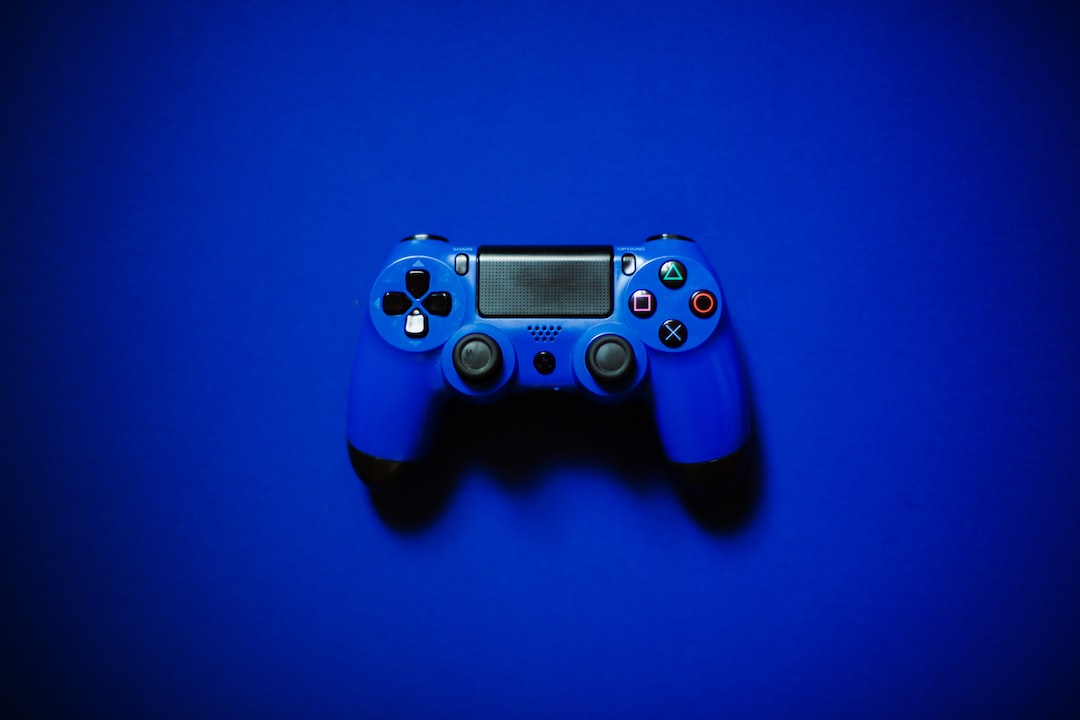
The Impact of Gaming on Mental Health: Debunking Myths and Exploring Benefits
Share0The Impact of Gaming on Mental Health: Debunking Myths and Exploring Benefits
Gaming has long been a subject of debate, with concerns about its impact on mental health frequently brought up. While it is important to acknowledge potential risks, it is equally vital to dispel myths surrounding gaming and recognize the benefits it can offer in terms of mental well-being. In this article, we will explore the different ways gaming impacts mental health, debunk common misconceptions, and shed light on the positive aspects of this popular form of entertainment.
Myths surrounding gaming and mental health have perpetuated for years, causing unnecessary concern and skepticism. Let us begin by addressing one of the most prevalent misconceptions – the belief that gaming is inherently isolating and hinders social interaction. Traditional stereotypes depict gamers as solitary individuals who spend endless hours in front of a screen, disconnected from the world. However, this myth fails to acknowledge the remarkable potential for social connection and collaboration that gaming provides.
In reality, gaming has become an avenue for building and strengthening social relationships. Online multiplayer games, in particular, offer opportunities for players to interact, collaborate, and form friendships with people from around the world. Studies have shown that multiplayer games can increase socialization, boost teamwork skills, and even alleviate symptoms of depression and anxiety.
Another myth often associated with gaming is the assumption that it leads to addictive behaviors and subsequent mental health issues. While it is true that excessive gaming can be problematic, it is crucial to highlight the distinction between excessive and moderate gaming. Like any activity, an excessive amount of time spent gaming can have negative consequences. However, moderate and responsible gaming can aid in stress reduction, relaxation, and the improvement of cognitive skills.
It is important to consider the potential mental health benefits that gaming can offer. Research has shown that certain games can enhance critical thinking, problem-solving skills, and decision-making abilities. Additionally, gaming can provide an escape from the pressures of everyday life, allowing individuals to relax and decompress. This form of entertainment has been particularly helpful for those dealing with conditions such as depression or chronic pain, as it offers a distraction and temporary relief from their symptoms.
Furthermore, gaming can foster a sense of achievement and empowerment. Progressing through levels, conquering challenges, and unlocking achievements in games can boost an individual’s self-esteem and motivation. The feeling of accomplishment derived from completing in-game tasks and achieving goals can have a positive impact on general mental well-being.
Gaming also presents an opportunity for individuals to explore their creativity. Many games offer customizable characters, worlds, and storylines, allowing players to express themselves artistically. Creating and sharing in-game content has led to the formation of thriving communities within the gaming world that encourage self-expression and creativity.
Additionally, gaming has increasingly become a tool for therapy and rehabilitation. Gamification, the application of game elements in non-game contexts, has shown promise in various therapeutic approaches. Virtual reality games, for example, have been utilized in exposure therapy to treat anxiety disorders. Rehabilitation centers also utilize gaming as a means of physical and mental therapy for patients recovering from injuries or trauma. These examples demonstrate the potential of gaming to be highly beneficial in a clinical setting.
In conclusion, the impact of gaming on mental health is complex and multifaceted. While it is important to acknowledge the potential risks associated with excessive gaming, it is equally vital to debunk the myths surrounding gaming’s negative impact. Gaming can promote social interaction, enhance cognitive skills, provide stress relief, boost self-esteem, and offer avenues for creative expression. Furthermore, it has demonstrated potential in therapeutic and rehabilitative settings. It is crucial to cultivate a balanced view of gaming, acknowledging its downsides while recognizing and celebrating its mental health benefits.
